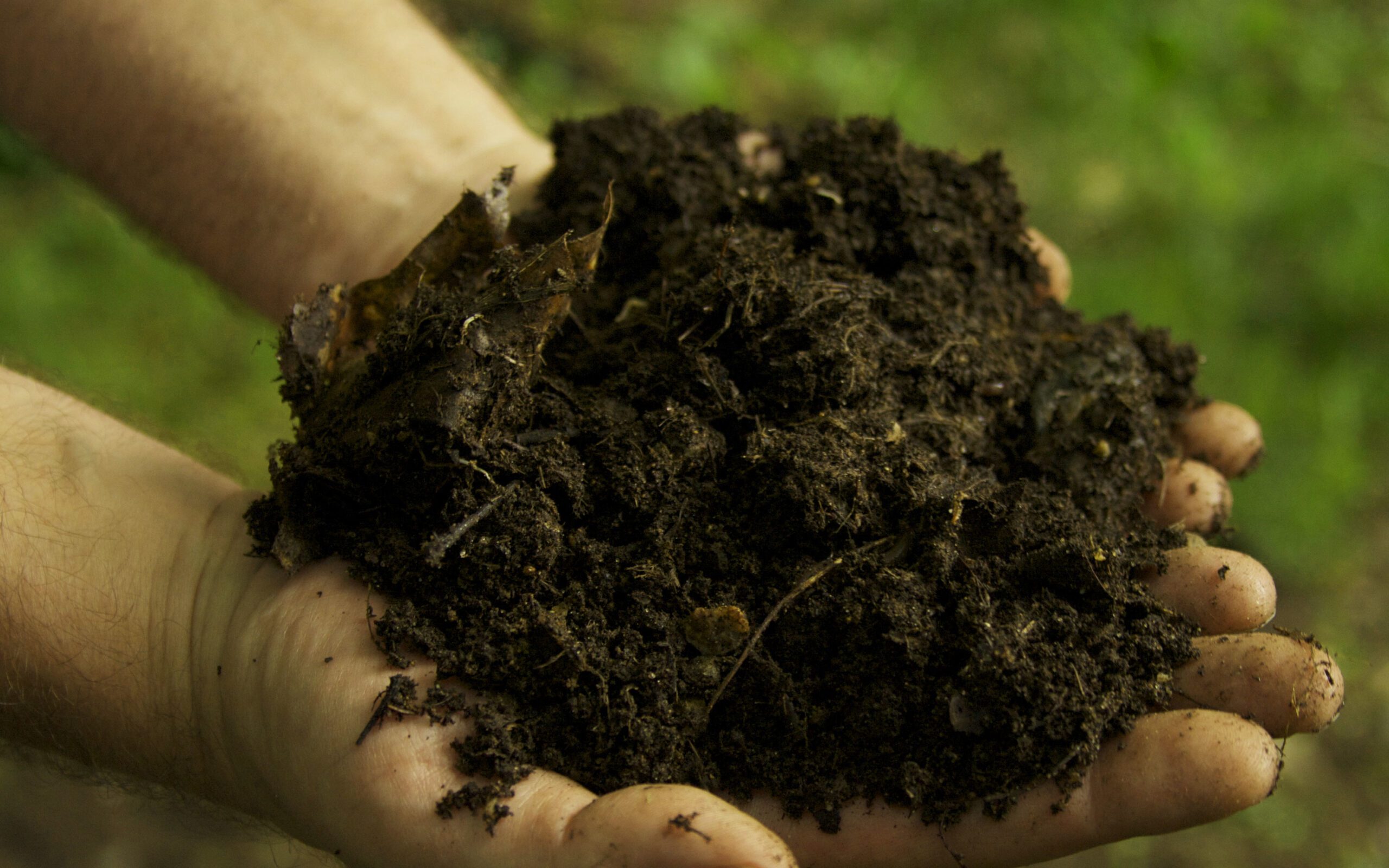How to Use Organic Fertilizers for Vegetable Gardens

Imagine your vegetable garden as a bustling city. Just as a city needs a steady supply of resources to thrive, your garden requires essential nutrients to produce healthy, vibrant plants. Organic fertilizers are the lifeblood of this ecosystem, providing plant nutrition in a way that's harmonious with nature. So, are you ready to transform your garden into a lush, eco-friendly haven? Let's dive into the world of organic fertilizers for vegetable gardens.
Understanding Organic Fertilizers
Organic fertilizers are derived from natural sources such as plant residues, animal waste, and soil minerals. Unlike synthetic fertilizers, which offer a quick fix of nutrients, organic fertilizers work slowly, releasing nutrients over time to improve soil structure and promote long-term plant health. This makes them an excellent choice for eco-friendly gardening.
Benefits of Organic Fertilizers
- Soil Amendment: Organic fertilizers enhance soil structure, improving its ability to retain water and nutrients.
- Sustainable: They are renewable and biodegradable, reducing environmental impact.
- Plant Nutrition: They provide a balanced diet of macro and micronutrients, promoting robust plant growth.
Types of Organic Fertilizers
Animal-Based Fertilizers
Animal-based fertilizers like manure, bone meal, and blood meal are rich in nitrogen, phosphorus, and potassium. Manure, in particular, is a popular choice due to its high nutrient content and ability to improve soil structure.
Plant-Based Fertilizers
Compost, seaweed, and alfalfa meal are examples of plant-based fertilizers. Compost, made from decomposed organic matter, is a versatile soil amendment that enhances soil fertility and structure.
Mineral-Based Fertilizers
Rock phosphate, greensand, and limestone are mineral-based fertilizers that provide essential nutrients like phosphorus, potassium, and calcium. These fertilizers are slow-release, offering long-term benefits to your garden.
How to Apply Organic Fertilizers
Preparing Your Garden
Before applying organic fertilizers, it's crucial to prepare your garden. Start by testing your soil to understand its nutrient levels and pH. This will help you choose the right type of fertilizer. Next, clear your garden of weeds and debris, and till the soil to improve aeration.
Application Methods
Broadcasting
Broadcasting involves spreading the fertilizer evenly across the soil surface. This method is ideal for large gardens and can be done by hand or using a spreader. After broadcasting, lightly rake the fertilizer into the soil and water thoroughly.
Side-Dressing
Side-dressing involves applying fertilizer along the sides of plant rows. This method is useful for established plants and ensures that nutrients are delivered directly to the root zone.
Foliar Feeding
Foliar feeding involves spraying a liquid fertilizer directly onto the leaves. This method is fast-acting and can be used to correct nutrient deficiencies quickly. However, it should be used sparingly as it can lead to leaf burn if not diluted properly.
Maintaining Your Garden
Regular Composting
Composting is a cornerstone of eco-friendly gardening. Regularly adding organic compost to your garden replenishes nutrients and improves soil health. You can make your own compost using kitchen scraps, yard waste, and other organic materials.
Crop Rotation
Crop rotation involves planting different types of vegetables in different areas of your garden each year. This practice helps prevent soil depletion and reduces the risk of pests and diseases.
Mulching
Mulching involves covering the soil surface with organic materials like straw, wood chips, or leaves. Mulch helps retain soil moisture, suppresses weeds, and adds organic matter to the soil as it decomposes.
Conclusion
Using organic fertilizers for your vegetable garden is akin to nurturing a thriving ecosystem. By choosing natural fertilizers, you're not only promoting plant health but also contributing to a healthier environment. Remember, gardening is a journey, and every step you take towards eco-friendly practices brings you closer to a lush, sustainable garden.
So, are you ready to embark on this rewarding journey? Start by understanding your soil, choose the right organic fertilizers, and watch your garden flourish. Happy gardening!
FAQs
What is the difference between organic and synthetic fertilizers? Organic fertilizers are derived from natural sources and release nutrients slowly, improving soil health over time. Synthetic fertilizers are chemically produced and provide a quick boost of nutrients but can deplete soil health in the long run.
How often should I apply organic fertilizers? The frequency of application depends on the type of fertilizer and the needs of your plants. Generally, organic fertilizers should be applied once or twice a year, with additional applications during the growing season if needed.
Can I use too much organic fertilizer? Yes, over-application of organic fertilizers can lead to nutrient imbalances and potential environmental issues. Always follow the recommended application rates to avoid over-fertilization.
What is the best time to apply organic fertilizers? The best time to apply organic fertilizers is in the spring before planting and in the fall after harvest. This ensures that nutrients are available when plants need them most.
How can I tell if my plants need more fertilizer? Signs of nutrient deficiency include yellowing leaves, stunted growth, and poor fruit production. Regular soil testing can help you determine if your plants need additional nutrients.


0 Response to "How to Use Organic Fertilizers for Vegetable Gardens"
Post a Comment